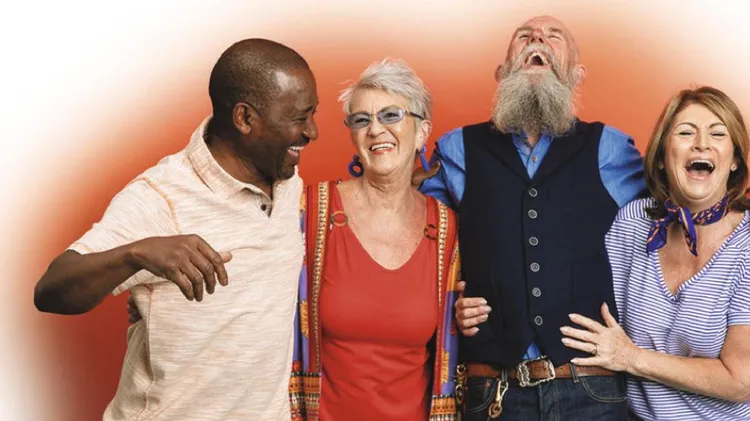Keep your brain in its best shape with a regular fasting practice. Liz shares the
The fast fix
2 min read
This article is from...
Read this article and 8000+ more magazines and newspapers on Readly






